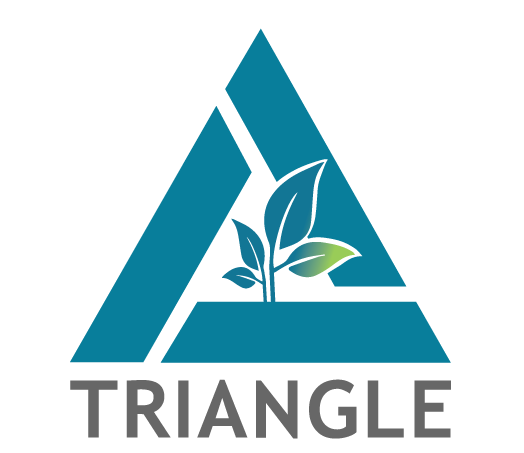Why Community Engagement Matters
Triangle supports efforts to address the inequitable systems, systemic racism, and injustice that is part of historic oppression. This includes disrupting the traditional methods of community engagement to create spaces and processes to empower communities to take active roles in the decisions that impact their lives and shape their environments. Triangle engages community members and businesses to create equitable, meaningful, and comfortable opportunities to participate in public policy. We create spaces and processes to empower communities to take active roles in the decisions that affect their lives and shape their environments. We center communities most impacted by the decision to address and mitigate historical harm, institutional racism, and other injustices and to create equitable policies and give everyone a voice in how policies are made and how they will impact communities.
We’ve seen what collaborative governance does and we want to continue growing this framework because it brings mutual benefits, and it is a model for others to see another way of doing things – we can be an inspiration! We want to be actively practicing and embodying the world we want to see.
Triangle Community Engagement Goals
- Build community trust
- Amplify community voices
- Engage diverse communities in an equitable way
- Integrate supporting diversity, equity, and inclusion into all our services and organizational culture
- Empower individuals and communities through an equitable and informed decision-making process
- Incorporate components of community engagement into more projects
- Establish co-creation spaces and use community expertise
- Engage community expertise in developing processes and conversations
- Build a framework to help clients understand the various community engagement cycles and best practices
The Impact of Authentic and Equitable Community Engagement
The communities we partner with have access to decision-making spaces, understand how to participate, are empowered as leading voices in the process, and feel agency about creating the futures they want to see.
Our clients value and understand the importance of community engagement, act in the spirit of partnership, and commit to seeding trust and building ongoing relationships through all stages of the life cycle of their projects and beyond. Our clients learn about and remediate historical harm while co-creating systems and processes with communities that are livable and beneficial to all people.
Principles and Approaches
Recognize Power, Privilege, and Position
Triangle staff are not always from the communities we serve. Triangle staff are trained to recognize our privilege and positionality in relation to the communities we are working with. This means occasionally stepping aside when we are not the best representative for an issue. When this is the case, we ask that our Community Based Organization (CBO) partners lead the conversation with their communities. On a related note, we aim to capture stories without tokenizing the stakeholder or asking them to speak for the various identities they embody. The stories will be unique to the storyteller and not representational of a larger population sample.
Value Community Expertise
Triangle’s public engagement work comes with an understanding of how power, position, and privilege affect people’s ability to participate in civic decisions. Our team works to center communities of color, low-income populations, immigrants and refugees, and limited English-speaking populations through inclusive outreach techniques (e.g., listening sessions, partnerships with community-based organizations, festival tabling, etc.). Triangle helps our clients uphold their equity and social justice commitments through authentic public engagement, driven by direction from the affected communities.
Meet People Where They Are
Any community engagements forums will be held at times (during the 9-5 workday, or afterwards), locations (virtual or in-person) and days (weekdays or weekends) that work best for community or Tribal members. If appropriate, Triangle attends the existing meetings of Community Based Organizations (CBOs) to get to know the community and gather feedback. Metaphorically, “meeting people where they are” also includes providing language translation/interpretation and other accommodations (e.g., food, childcare, captioning, screen-reader friendly materials etc.).
Move at the Community’s Speed
Triangle recognizes that time is a dimension of equity and rushing community members to participate on a consultant’s timeline is an impediment to trust and relationship building. As such, Triangle tries to provide ample lead time when working with community members.
 Triangle Associates
Triangle Associates